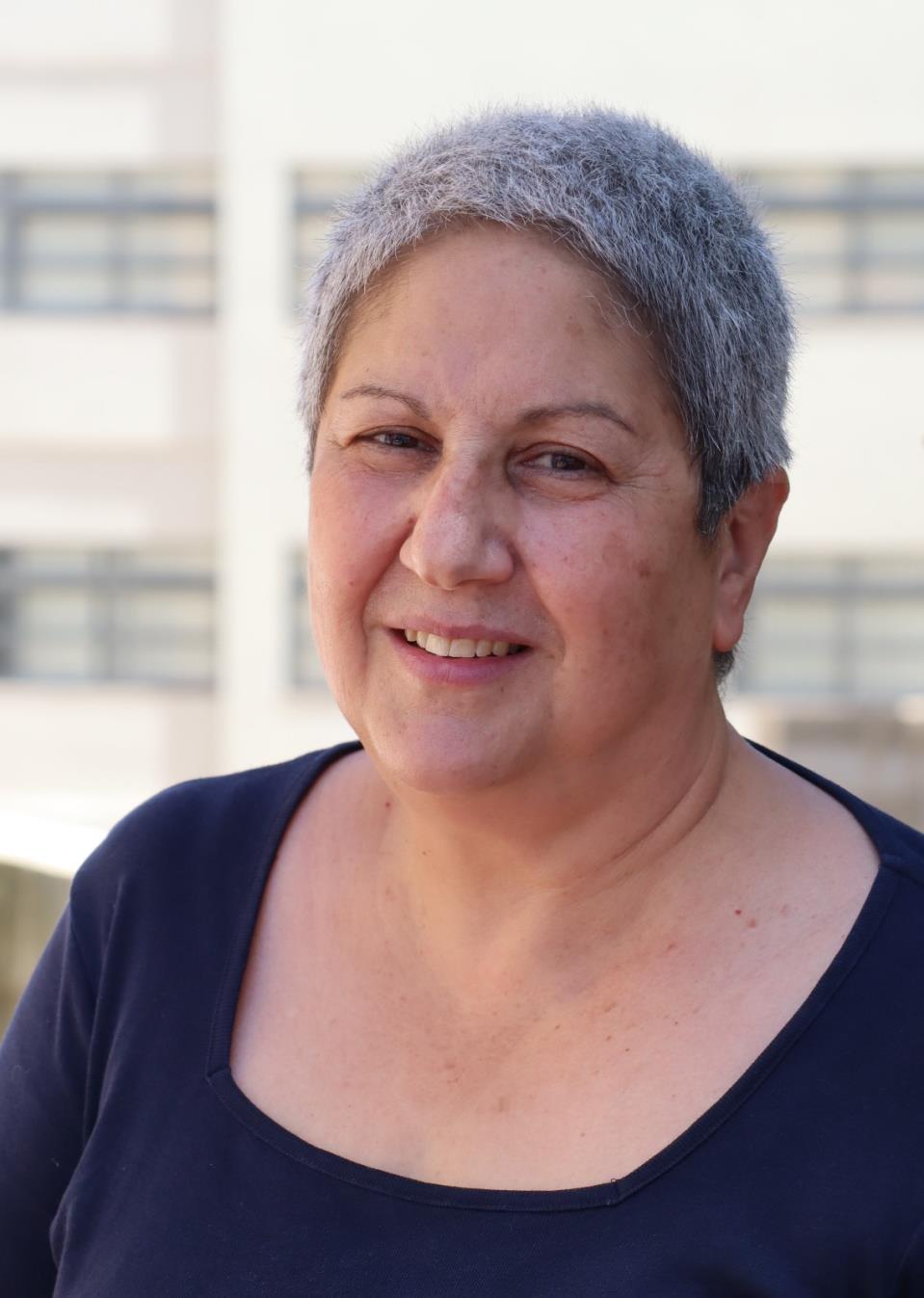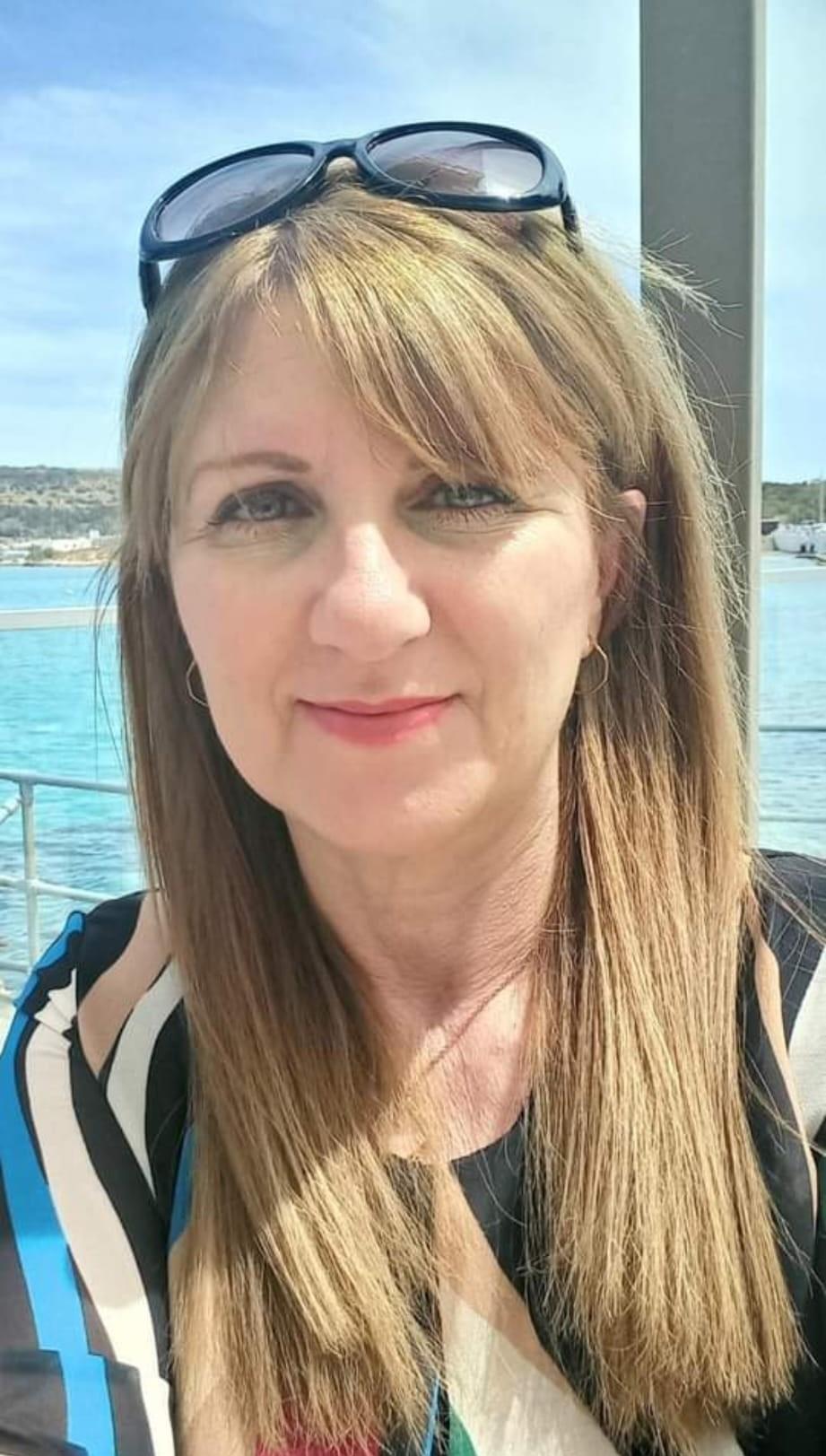Although legal structures regarding LGBTI+ rights may be supportive of minorities in Malta, "Maltese society at large leaves much to be desired when it comes to tolerance and acceptance", Drachma Parents Group coordinator Louisa Grech told The Malta Independent on Sunday.
The Malta Independent on Sunday reached out to Grech and Drachma Parents member Anna Marie Mifsud for an interview.
They were asked about the reality that LGBTI+ persons and their families face in Malta.
Grech said: "We can't keep on saying that we don't want to educate children or to talk about sexuality and gender in schools. It's not possible because there is so much diversity especially with the growing population. We keep on trying to segregate people who do not fit into the norm. So, we just can't keep on portraying a society that we think is functioning well, when in reality it is not."
Elaborating on the reality of LGBTI+ people, Grech said that "not so long ago, LGBTI+ persons chose to live a life of conformity with what society thought was the right family model. They were afraid to come out, to express who they really were, so they lived a lie. Families are so diverse nowadays, including heterosexual ones".
Grech said: "I don't know why we keep insisting on putting people in boxes when a lot of different sciences are showing us that there is so much diversity in all of nature. Some may still be conditioned by their upbringing and what they were made to believe." She said that "it takes a long time to change the mentality of a culture. And our mentality was one where being different is sinful and a choice. Some people are not ready to listen nor are they willing to try to understand. If you don't fit, then you're not welcome".
Grech illustrated her point. "There are still parents who believe that their children should either undergo gay conversion 'therapy' or otherwise leave home. In fact, the Malta Gay Rights Movement is actually opening a safe house, Dar Qawsalla, for people to get back on their feet after being thrown out of their family home."

Grech said that while the civil rights legal structures of Malta, regarding LGBTI+ people specifically, are in place, Maltese society is still struggling. "We have improved but not enough. And in Gozo, things are even worse than in Malta," she said.
Elaborating on the Far-right, Grech said that: "It's trying as much as possible to eradicate any type of person who does not fit into its box. And I think that is very damaging, because it goes against dignity, respect and love. People talk about love, but then they spew hate." She said that "the Far-right says that these people do not have a right to a good quality of life or even live. But who are they to decide?" Unfortunately, these Far-right ideas have reached Malta and could be seen on social media, she said.
When Grech was asked about Drachma's relationship with the Church, she said that it is positive, however, it remains a "continuous dialogue". She explained that "many priests understand the situation and embrace LGBTI+ persons. But there are still quite a few others who don't. You can never stop dialogue because once you stop, people just forget and slide back into their old habits".
Grech said that while Drachma embraces all faiths, the majority of members are Roman Catholic and took a pro-active response to counter the way the Bible is weaponised against LGBTI+ people. She said they published Naqqaxtek fuq il-pali ta' jdejja, with the support and review of a Jesuit Scholar at the Pontifical Biblical Institute in Rome and Jerusalem, that took six of the most commonly used anti-LGBTI+ segments of the Bible and had them formally studied to show their true context and irrelevance to LGBTI+ people. Grech said that "people take the Bible, read a passage, and interpret it at face value before indoctrinating others to think like them. But the Bible is a living book. The Bible is there to talk to you, not vice-versa". She added that "if you listen, the Bible tells you how you should be treating others. Christ was there for everybody and gave the commandment, 'Love God and your neighbour as you love yourself. And love your enemy'".
She said their views are not shared by everyone however. "I have had encounters with people who are very much into the faith, yet have been very abusive towards me because I am vocal about LGBTI+ issues. In fact, some parents keep back from being vocal about LGBTI+ issues because if they speak up, they are likely to become a target."
Grech said that following the publication of the Vatican Declaration, Dignitas Infinita, which, though progressive, was harsh towards transgender people, Drachma wrote a letter to the Pope expressing their disappointment and their deep concern. Pope Francis sent an answer to Drachma where he praised their work and told them to keep on working. "It meant that the Pope recognises work needs to continue to ensure that all persons are respected."
When questioned about the arguably mixed signals regarding LGBTI+ issues from the Church, Grech said that "the advances we have made since 2004 are relatively new. The Pope is 88 years old and was brought up in a culture where LGBTI+ persons were not accepted. But I think the Pope has very good intentions, and is trying very hard".
Speaking about hate speech regarding Olympic boxer Imane Khelif, Mifsud said: "I was trying to imagine the parents, her family, the people who loved her, and the public just kept on being hateful. What's it to you? I think we've forgotten how to be kind, to put ourselves in other people's shoes." She said: "Does it make a difference to you? You don't even know the person."
Mifsud concluded: "Someone you hate might be someone you love. So, when I see those hateful comments, I wonder if those who wrote them might have a child, who is about to come out unbeknown to them. And I wonder what the children would think. How are they going to come out and explain the confusion they're going through, the thoughts going through their mind, after their loved ones were so hateful?" She pointed out the irony that when someone commits suicide, social media is full of posts about mental health, but when Pride comes around hateful comments are everywhere. She further questioned what, if those reading hateful comments against LGBTI+ people, could be someone's 'final straw'."
Mifsud said that though the coming-out of her child as transgender was a shock and she and her husband initially struggled to accept it, "the turning point was when they had told me 'I thought I wouldn't live beyond 15'".
Grech said that mental health is a growing problem in Malta in general, however, "the more we keep on being negative towards certain sections of society, the more people will suffer mentally. We could be responsible for persons ending up committing suicide because of the way we treat them". She said that this negativity is ultimately telling LGBTI+ people that they are unaccepted, unloved and rejected by society.
Grech elaborated: "There are people who are so hurt. We've had parents who witnessed the suicides of their own LGBTI+ children."
She said as a society, the Church included, we do not look beyond the LGBTI+ label and think instead of the person, as Christ did. "We are doing wrong, and we think we're right, but it's still wrong. We are trampling over others and helping them dig their own graves."

Regarding the "Last Supper" incident in the opening of the 2024 Olympics, Grech asked: "Why are you talking about this now when this representation of the Last Supper by Leonardo Da Vinci has been satirised so many times in cartoons, in mafia series, etc.? Why are you speaking now, when it was portrayed by queer people?"
When asked if the LGBTI+ community makes use of the Police Hate Speech/Crime Division, among other authorities, Grech said that to begin with, "reporting is difficult because people still feel that if they go to report hate speech/crime, there is a real possibility that the law enforcement officers might discriminate. They might not have any sympathy for LGBTI+ people. So, for persons who are LGBTI+ to report is more harmful than it is helpful." She said that parents cannot even stick up for their children. "If we were to report for them, as parents, it would not be accepted, because the report has to come from the person offended, so to speak, and it doesn't help the situation."
With September being Pride Month in Malta, Grech said that she is preoccupied that there are so many making hurtful comments because of a few "half-dressed" people at Pride. "Yet we have a yearly carnival, we have local festas with "half-dressed" revellers, we walk down any street in Valletta, Sliema, Bugibba or any other place in summer and you see half-dressed people, and nobody stops them or tells them anything (not that they should). She said: "It's incredible: Pride comes and the hateful comments on social media are unbelievable. The majority of the people at Pride are dressed decently and are protesting about the lack of recognition of the right of persons to live their truth."
Grech questioned: "Why should we be so negative towards them? Why do we pick on them and try to make their life miserable? What are they doing to you? Are they detracting from your rights? Are they lessening what you can gain or achieve by being who they are?"
When Mifsud was asked what Pride means to her, she said: "It's a celebration of love. Though last year's EuroPride had us very busy, I remember saying, 'My body is so tired but my heart is full of love.' I met so many people that I bonded with because of shared experiences and I felt so much love by the end of it. And when people say that there should be a 'straight pride', I think it's ridiculous. They never have to come out and explain themselves or fight for their rights."